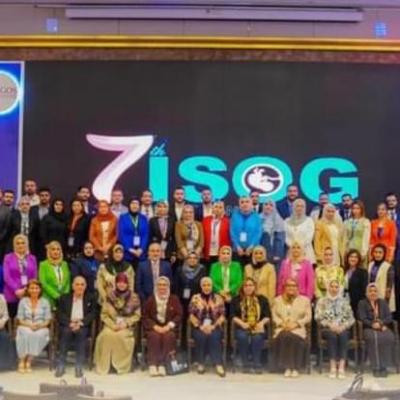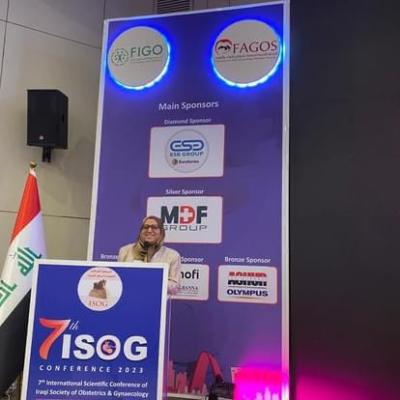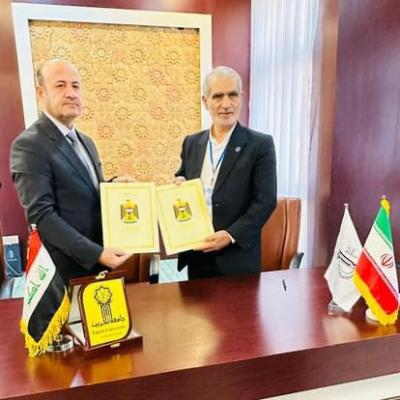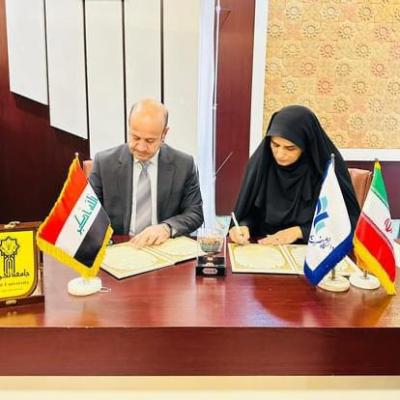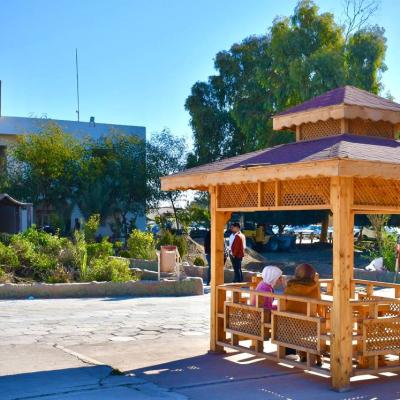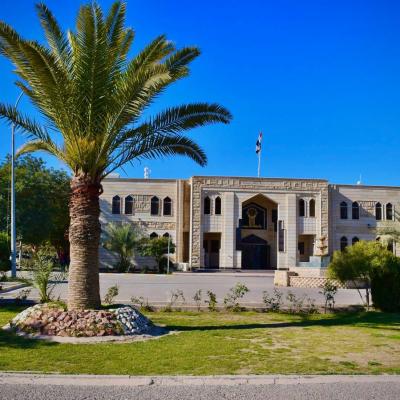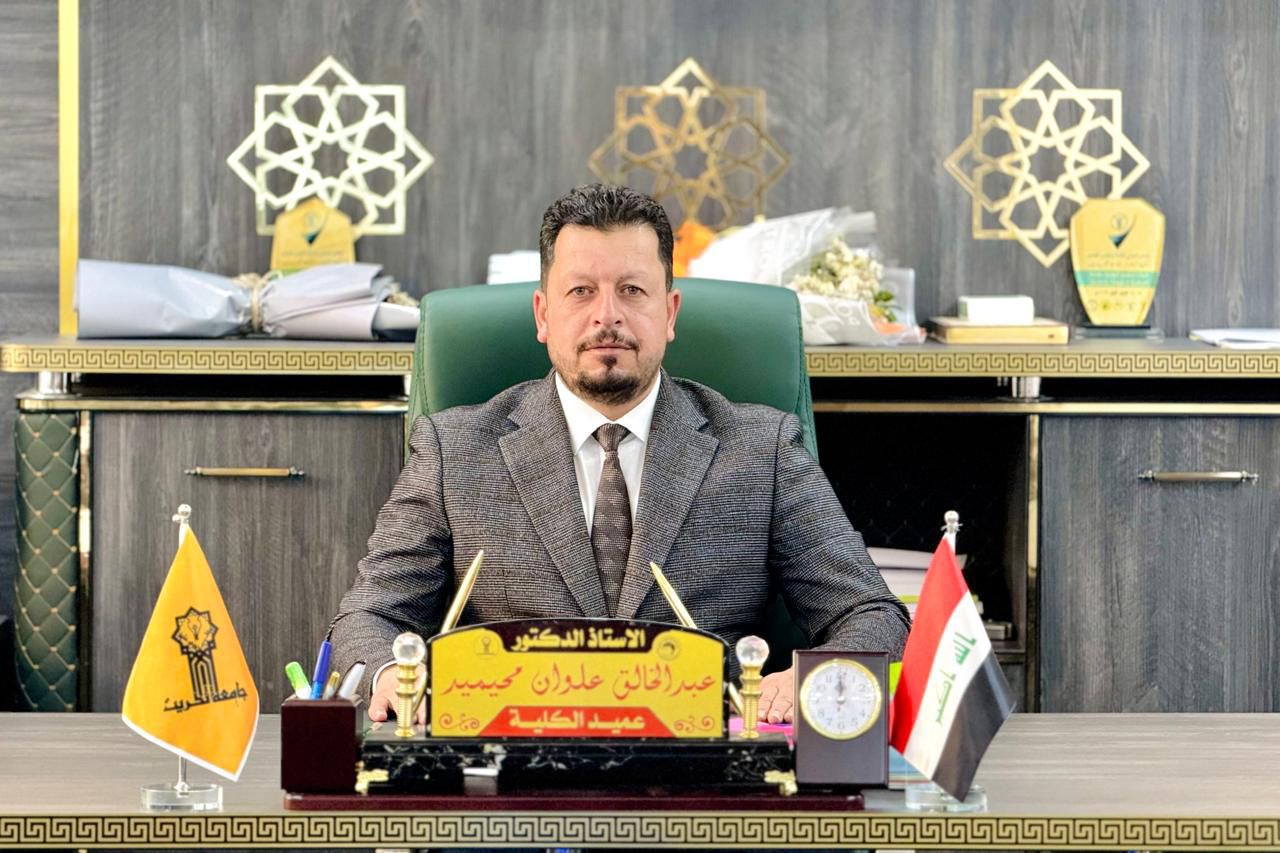
About the College
The College of Science at Tikrit University was established in 1998. It comprises four academic departments—Biology, Chemistry, Physics, and Applied Geology—in addition to a Remote Sensing Unit. Beyond preparing specialized scientific cadres, the College actively organizes a wide range of training courses across various scientific disciplines, benefiting government institutions, the mixed sector, and private organizations. Moreover, the College publishes a reputable scientific journal entitled *Tikrit Journal of Pure Science*, issued biannually, which disseminates innovative and high‑quality research in the fields of the pure sciences.
Provide an advanced learning environment and establish a nucleus for scientific research capable of supplying society with qualified scientific competencies and trained specialized cadres, through the introduction and effective use of the latest scientific technologies.
- Instill in graduates an appreciation of our nation's civilizational mission and its pioneering historical role in the emergence and development of scientific civilization.
- Qualify graduates with solid theoretical foundations in the basic sciences and their field applications.
- Provide graduates with the scientific skills required by the future labor market and expose them to the latest technological developments.
- Prepare qualified cadres to join the academic profession and advance the educational process across scientific fields.
- Train researchers grounded in the principles of scientific research and development to support scientific and technological progress in the country.
- Prepare graduates capable of understanding and dealing with modern advanced technologies and contributing to their future development.
- Qualify outstanding graduates to pursue postgraduate studies and contribute to solving complex scientific and technical problems.
- Develop scientific cadres who responsibly utilize science in service of humanity and the environment, and who participate actively in the global scientific community through international conferences.
- Establish the foundation for specialized postgraduate programs in relevant departments and encourage them to keep pace with developments.
- Enhance the capabilities of technical and administrative staff to support the educational process and cultivate capacities aligned with quality requirements.
- Diversify sources of educational enrichment and connect students’ scientific concepts with real environmental problems.
- Achieve learning outcomes that meet distinguished academic standards.
- Develop and enhance the capabilities of faculty members.
- Provide scientific services and consultations to various state sectors and private companies.
Build a distinguished scientific foundation in the basic sciences that meets the needs of society and industrial institutions, and position the College with a distinctive academic identity that achieves national and international accreditation within the coming five years.
College News
Under the patronage of His Excellency the Minister of Higher...
Scientific Discussions
More Discussions ...


.jpg)
.jpg)
.jpg)
.jpg)

